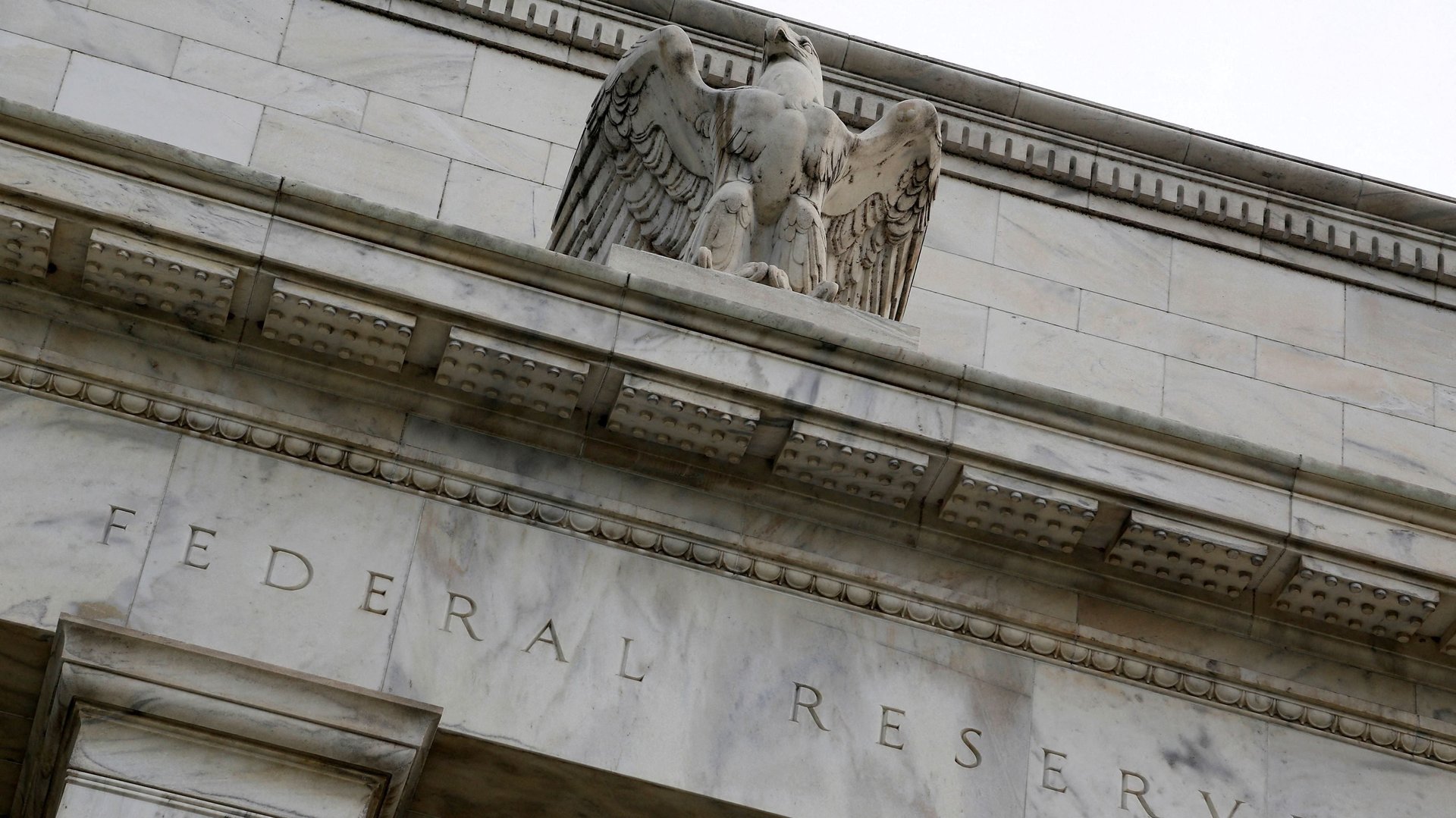Interest rate hikes will hurt Black Americans the most
The US Federal Reserve is set to hike interest rates this week, a decision partly backed by the strong recovery in the labor market.


The US Federal Reserve is set to hike interest rates this week, a decision partly backed by the strong recovery in the labor market.
Since April 2020, the unemployment rate has dropped nearly 11 percentage points to 3.8%, and is now only slightly higher than before the pandemic. But the overall rate obscures the situation for Black workers: Their unemployment rate is 6.6%, double that of white workers.
Higher interest rates slow down the economy and hiring. When that happens, Black workers are the first to be squeezed out, says William Spriggs, a Howard University economist. “[The Fed] recognizes that the Black unemployment rate is higher, and their conclusion is ‘that’s too bad,’” Spriggs said. “What happens when hiring stops is that the cost of a job search becomes prohibitive for the people who have been marginalized.”
The rate hike will also disproportionally affect Black borrowers, who are subject to higher mortgage rates than their white counterparts.
How does the Fed think about employment?
In 2020, the Fed added the words “broad-based and inclusive” to its Congressional mandate to create economic conditions for as many Americans to be employed as possible.
Fed officials have said part of fulfilling that goal is taking into account how minorities are doing in the job market, but that monetary policy tools are blunt and not good at targeting one group of people. “Eliminating inequality and racial discrimination and racial disparities and that kind of thing is really something that fiscal policy and other policies—frankly, education policies and that kind of thing—are better at focusing on,” Fed chair Jerome Powell said in the September. “We’ve identified the part that we can do, and we’ll do that part.”
But some economists say if Fed officials considered the effects of racism in hiring, they’d understand that what Black workers need is not more education, but a tighter job market, Spriggs said. Research has shown employers are less prone to discrimination when it’s hard to find workers. “They are still in this naive world where there’s no friction in the labor market,” Spriggs said of the Fed. “Everybody can find a job who wants to find a job.”
He and others argue the Fed should keep rates at current levels until more Black workers can get jobs. At the moment, however, the Fed is more preoccupied with the other part of its mandate: inflation.
“We need to deliver price stability,” Powell told a Senate committee on March 3. “We’re not doing that. And we’re very motivated to do so.”